How much sun protection does your skin really need?
Why is sun protection so important?
Determine your skin type: The first step to proper protection
How much sunscreen is enough?
Chemical or mineral – which is better?
Further protective measures – besides the cream
Conclusion: Less is not more when it comes to sun protection
How much sun protection does your skin really need?
Sunshine lifts your mood, provides vitamin D, and invites you to spend time outdoors. But too much UV radiation can damage your skin in the long run. Skin cancer, premature skin aging, and pigmentation disorders are just some of the possible consequences. Therefore, the right amount of sun protection is crucial—but how much does your skin really need? And what role do products like natural sunscreen or mineral sunscreen play?
Why is sun protection so important?
UV rays (UV-A and UV-B) penetrate the skin to different depths. UV-B causes sunburn, while UV-A contributes to skin aging and the development of skin cancer. Appropriate sun protection—ideally a sunscreen without harmful substances—protects against both.
Natural sun protection products, such as those from natural cosmetics, are becoming increasingly popular. Natural sunscreens that avoid chemical filters and instead rely on mineral UV filters are considered particularly skin-friendly and environmentally friendly.
Determine your skin type: The first step to proper protection
Your skin type determines how long you can stay in the sun unprotected – and how high the sun protection factor (SPF) of your sunscreen should be.
Skin type Characteristics Self-protection time without sunscreen
I Very fair skin, reddish hair, freckles approx. 5–10 minutes
II Light skin, blond hair, often freckles approx. 10–20 minutes
III Light to slightly tanned skin, brown hair approx. 20–30 minutes
IV Olive skin, dark hair approx. 30–40 minutes
V–VI Dark to very dark skin approx. 40–60 minutes
The lighter your skin, the more important a high SPF is – such as a natural sunscreen SPF 50, especially on the face or during prolonged sun exposure.
How much sunscreen is enough?
One of the most common mistakes with sun protection is using too little. Dermatologists recommend:
- 2 mg of sunscreen per cm² of skin, which for adults means about 30–40 ml per application – roughly a shot glass full.
- And: Reapply cream every 2 hours, especially after swimming or sweating.
Reliable, well-tolerated protection is especially important for the face. Here, it's worth reaching for facial sunscreen from the natural cosmetics sunscreen range – it's usually free of irritating ingredients and leaves less residue.
Chemical or mineral – which is better?
More and more people are turning to mineral sunscreens. These work through natural filters such as zinc oxide or titanium dioxide, which reflect sunlight—in contrast to chemical filters that absorb it.
Benefits of mineral sunscreen:
- Immediate protection after application
- Well tolerated, even by sensitive skin
- Often free of hormonally active substances
- Reef Safe sunscreen – harmless to coral reefs
So if you value skin health and the environment, a mineral sunscreen or a vegan sunscreen made from natural cosmetics is the better choice.
Further protective measures – besides the cream
In addition to the right sunscreen, you should also pay attention to additional protective measures:
- Sunglasses with UV filter
- Hat or cap with a wide brim
- Clothing with UV protection
- Seek shade – especially between 11 a.m. and 3 p.m.
A combination of natural sun protection, clothing and behavioral adjustments offers the most effective protection.
Conclusion: Less is not more when it comes to sun protection
Your skin never forgets UV damage. That's why it's better to protect yourself consistently than regret it later. The right amount of sunscreen, an SPF that suits your skin type, and high-quality products—preferably from the natural cosmetics sunscreen range—make all the difference.
Final tip: When shopping, look for products labeled as vegan, reef-safe, microplastic-free, and sunscreen without harmful substances. This way, you're not only protecting yourself but also the environment.
Author: Maja Scheve, product manager

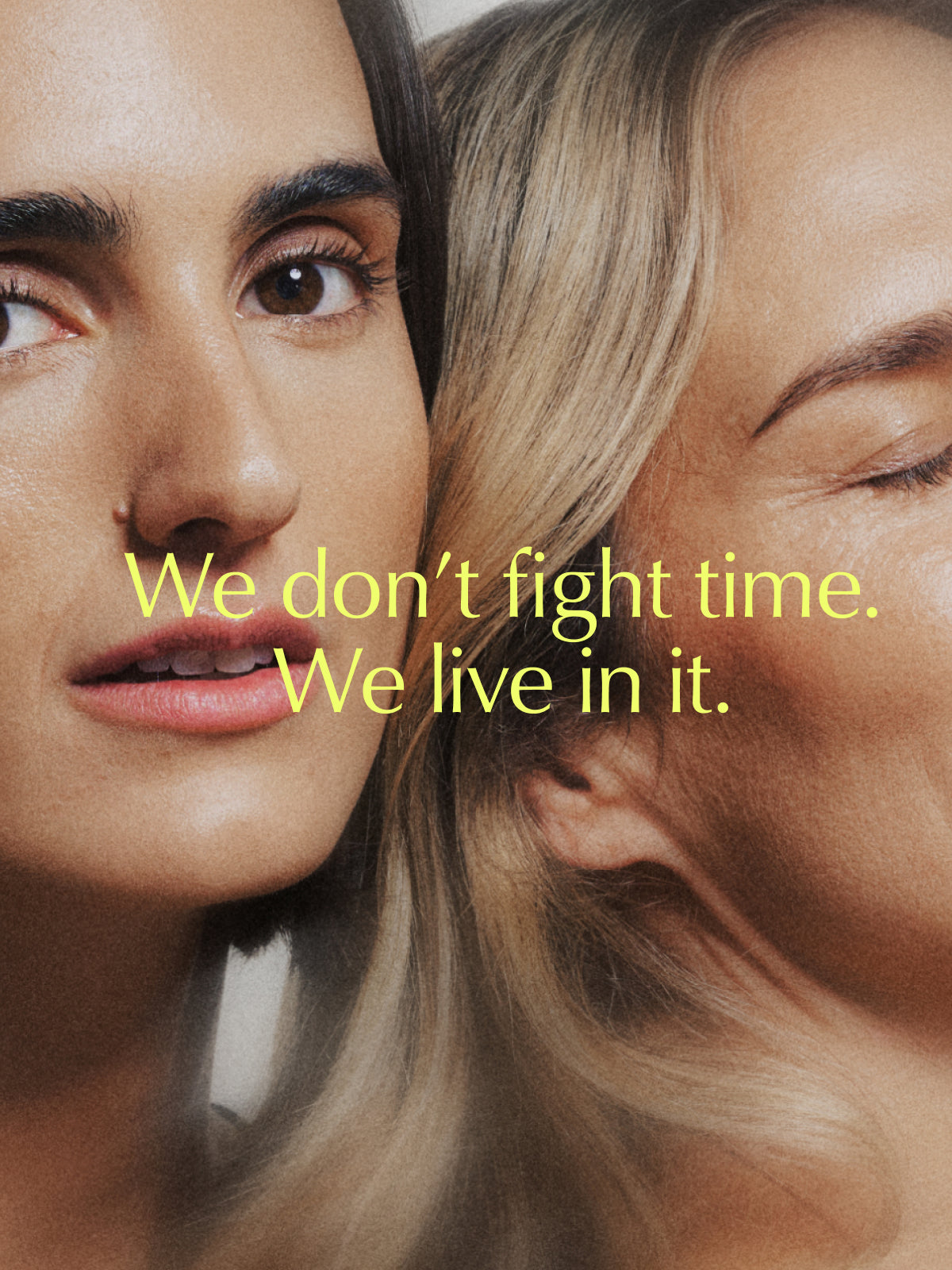
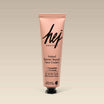
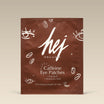
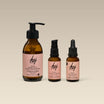
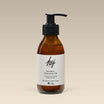
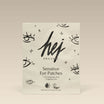
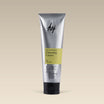
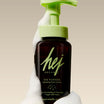
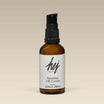
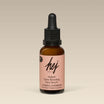
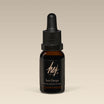
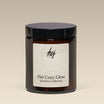
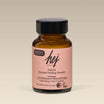
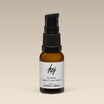
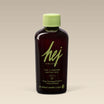
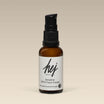
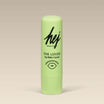

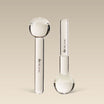
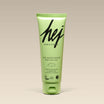
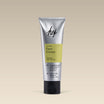
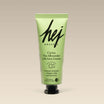
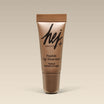
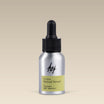
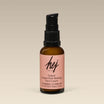

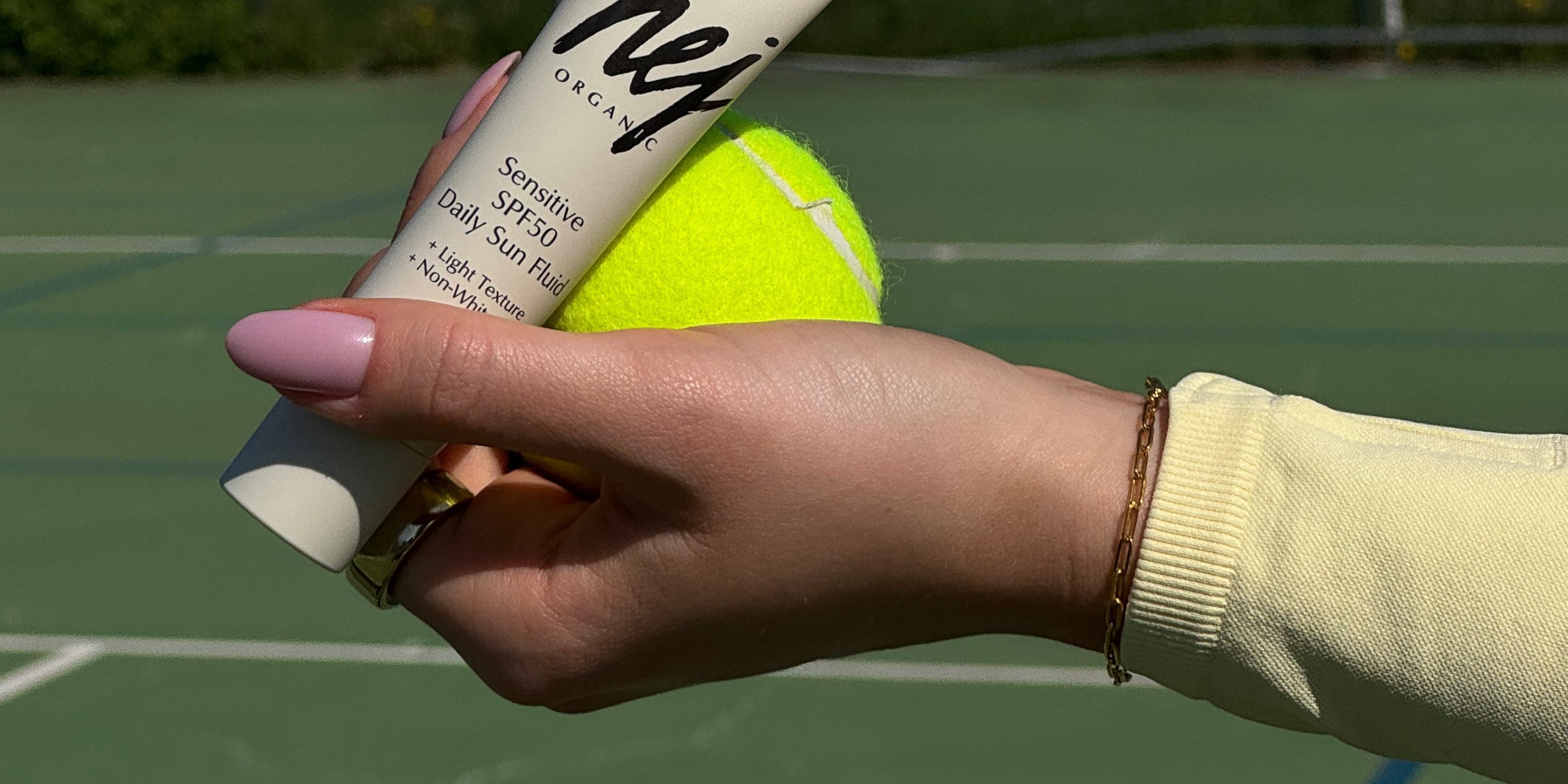
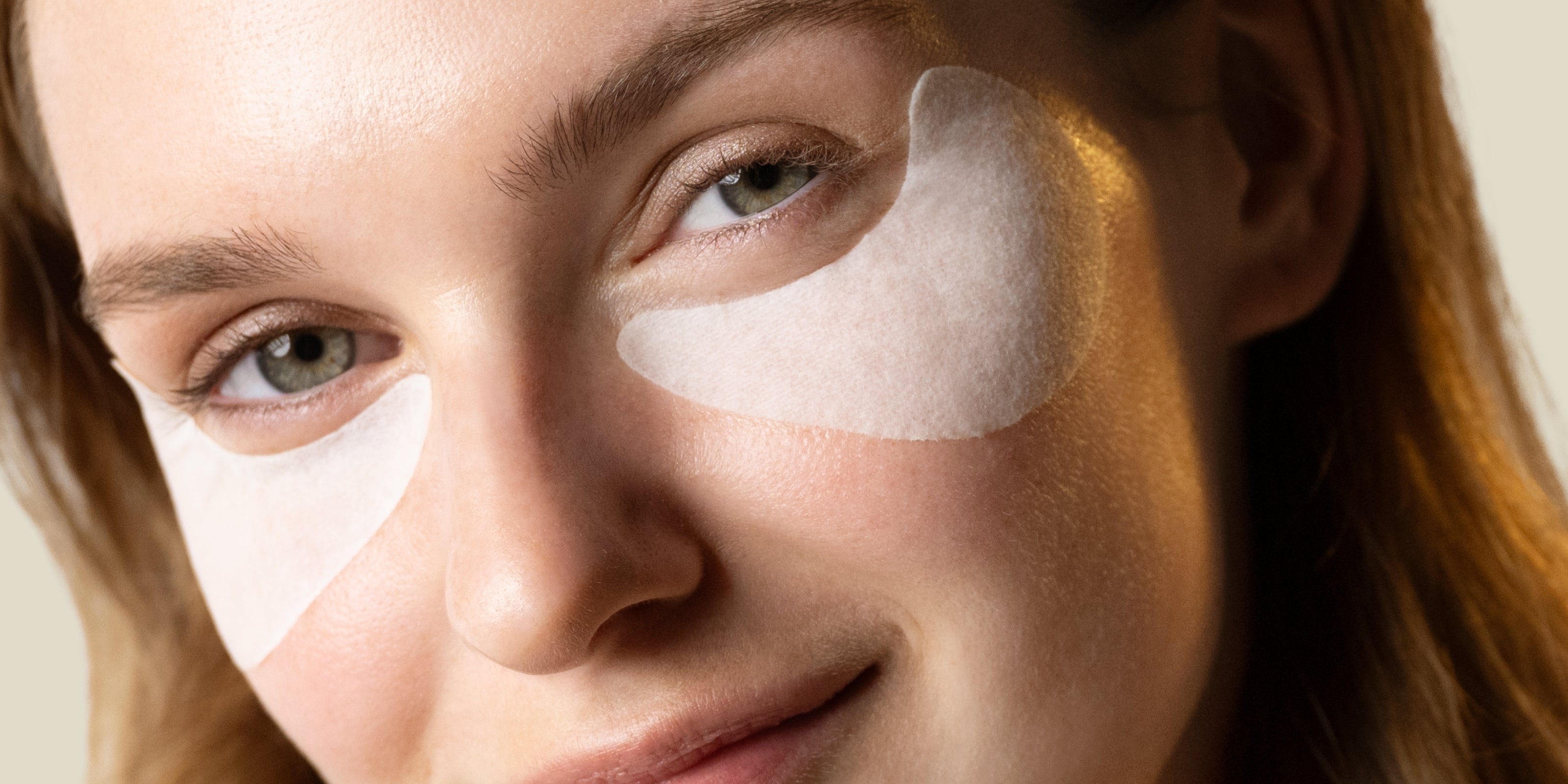
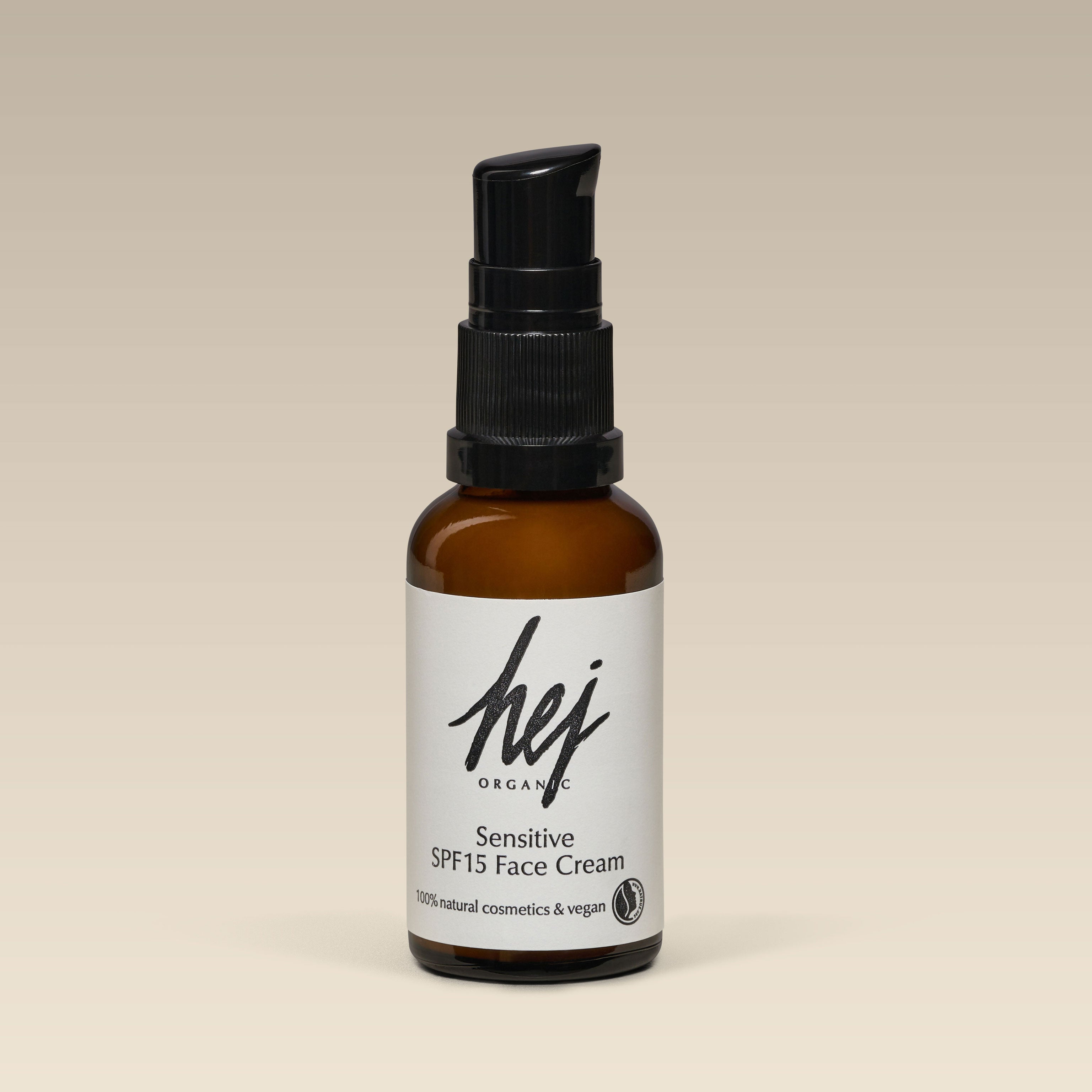
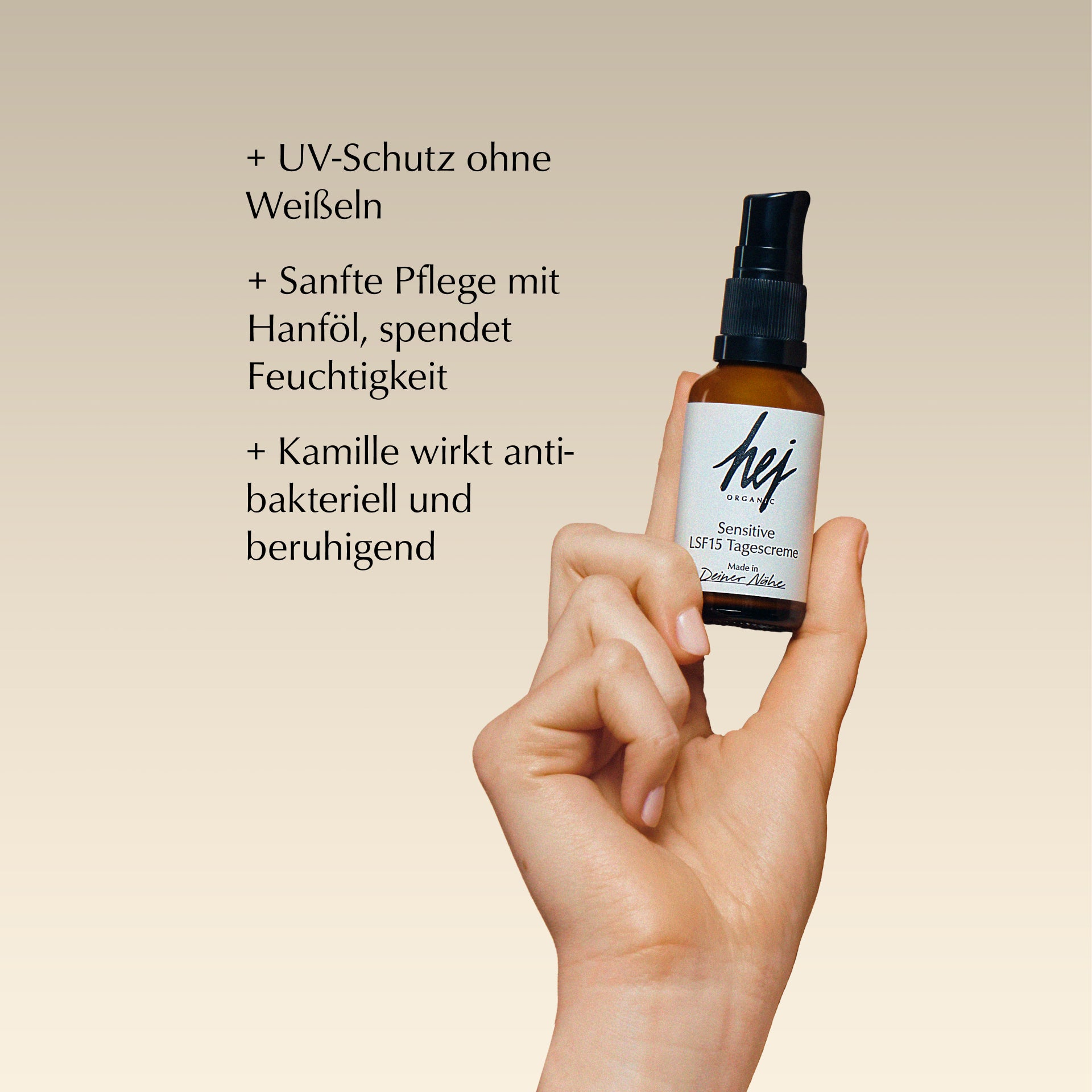
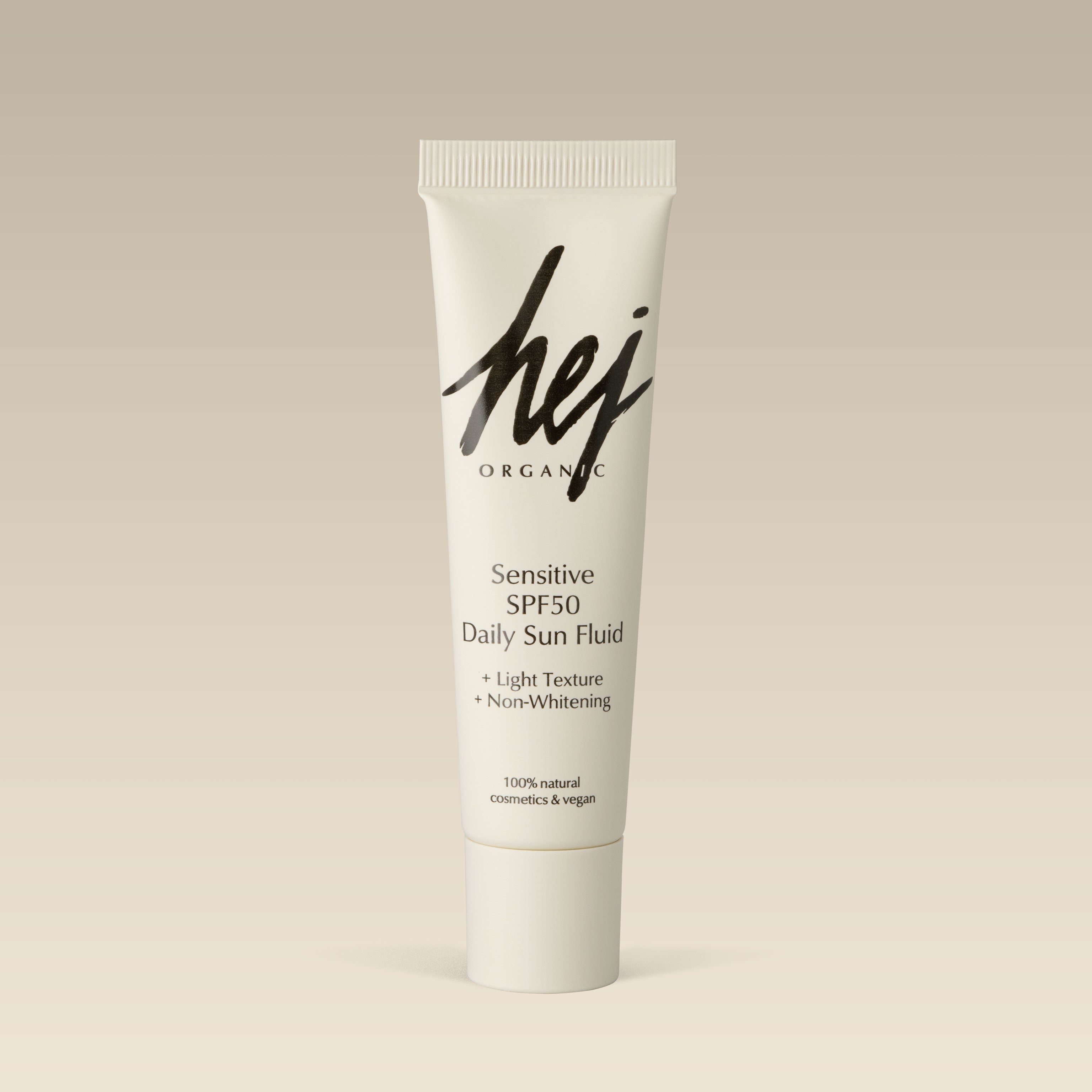
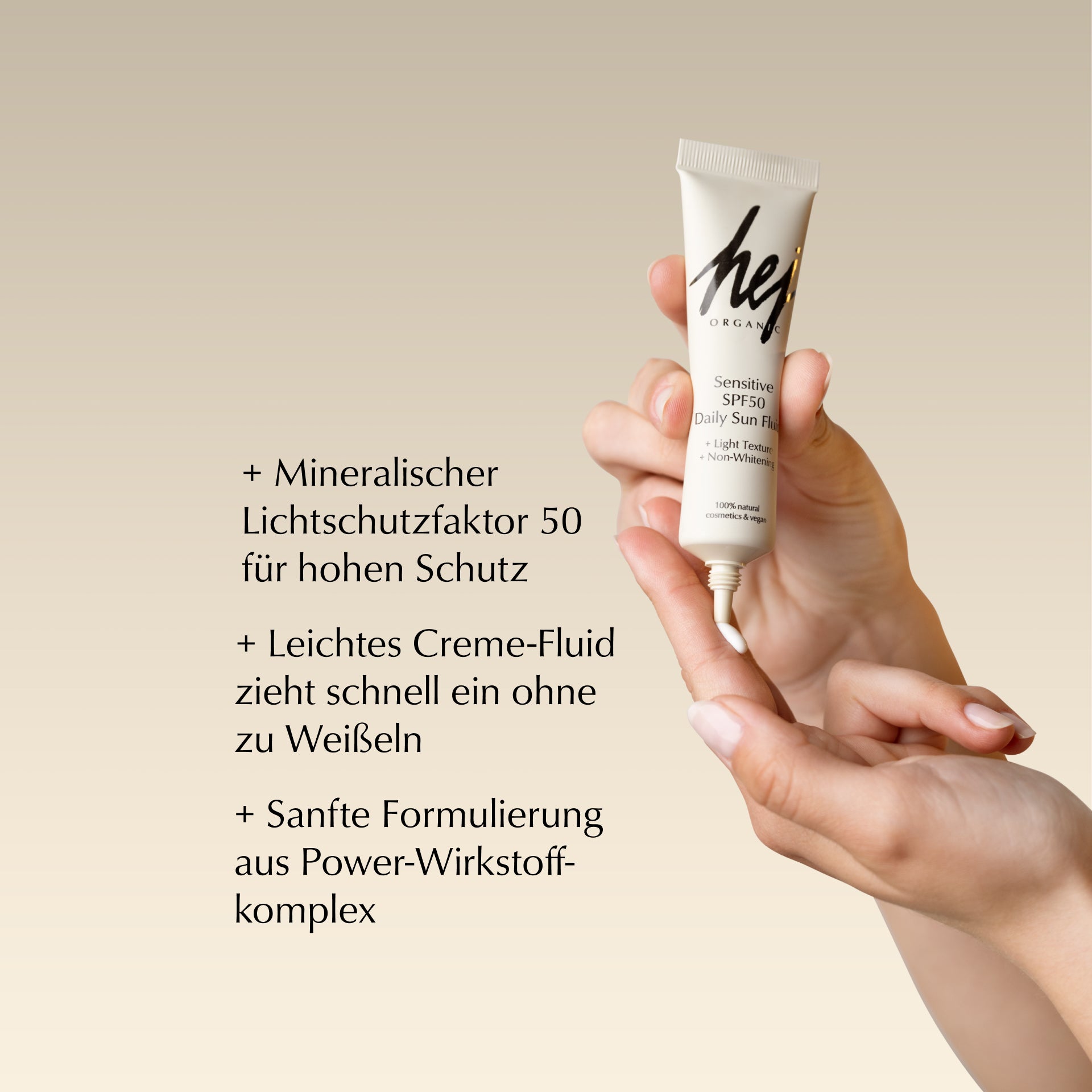
Leave a comment
This site is protected by hCaptcha and the hCaptcha Privacy Policy and Terms of Service apply.